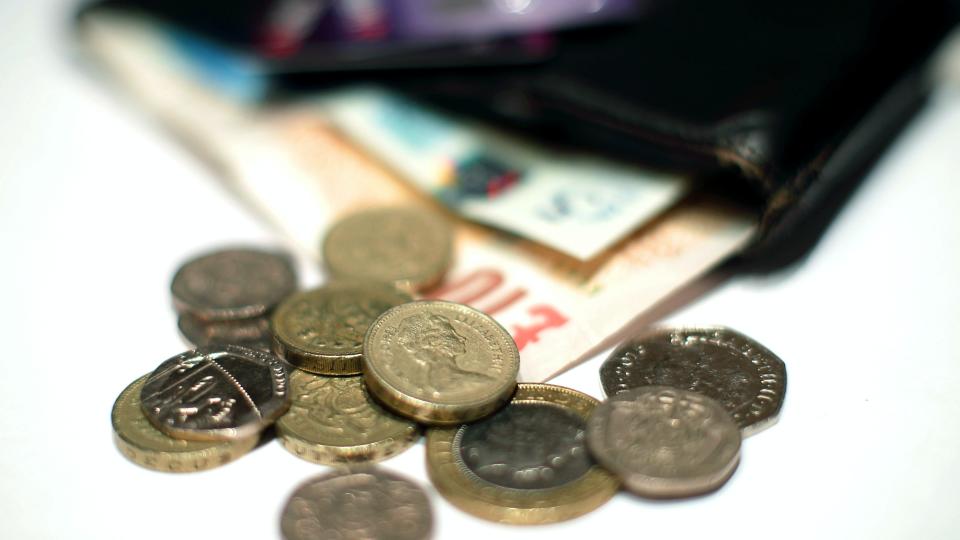Digital cash issued centrally ‘would help in crises like coronavirus pandemic’

The Bank of England should introduce a digital version of cash, which could particularly help in crises such as the coronavirus pandemic, a report argues.
A central bank digital currency (CBDC) would be a digital equivalent to physical notes and coins.
Positive Money, a not-for-profit research company funded by charitable trusts and foundations, said central banks such as the Bank of England should issue it to help support trust in money.
Public forms of money, such as physical cash, function as an “anchor” which helps maintain trust in the wider monetary system, Positive Money said.
It said the general decline in physical cash use has been accelerated by the coronavirus crisis.
The contactless card payment limit was raised to £45 in April and ATM use fell as the crisis took hold.
A CBDC could help ensure households can access the funds needed to survive during the pandemic and its aftermath, Positive Money said.
Report author Konstantin Bikas said: “The need for a digital form of public money is heightened in times of crisis like today, as it would open the door for new ways to support the economy.”
In early March, the Bank of England said it was exploring the potential risks and benefits of a central bank digital currency.
This would be an electronic form of central bank money that could be used by households and businesses to make payments, alongside cash and money held in bank accounts.
The Bank has previously said that it has not yet made a decision on whether to introduce one, and it intended to engage widely with people and organisations on the benefits, risks and practicalities of doing so.
If such a currency were to be introduced in the UK, it could be denominated in pounds sterling, just like banknotes, so £10 of the digital currency would always be worth the same as a £10 note.
Any such currency would be introduced alongside rather than replacing cash and bank deposits – and any decision to introduce it would involve the Government, with input from relevant regulatory authorities, Parliament and society more generally, the Bank said.

 Yahoo Finance
Yahoo Finance 